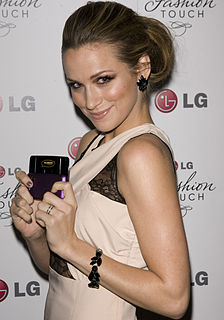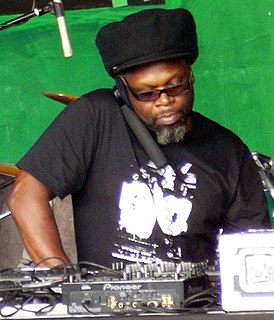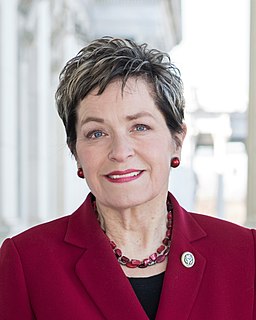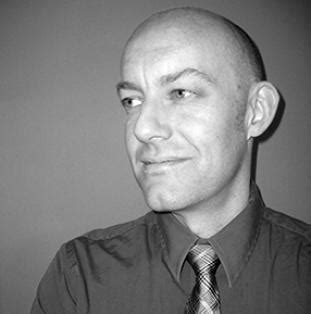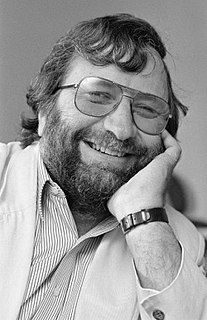A Quote by Jennifer Beals
Being part of The L Word made me realize how much more television can be that what I had experienced in my lifetime in terms of being able to be of service to people. I had so many fans come up to me who were really deeply appreciative of the show and what it had meant for them and their own sense of identity and their own sense of inclusion in our society and in our culture.
Related Quotes
I was keenly conscious of the comrades-in-arms who had fallen with me. A bond surpassing by a hundredfold that which I had known in life bound me to them. I felt a sense of inexpressible relief and realized that I had feared, more than death, separation from them. I apprehended that excruciating war survivor's torment, the sense of isolation and self-betrayal experienced by those who had elected to cling yet to breath when their comrades had let loose their grip.
Heroes are necessary in order to enable the citizens to find their own ideals, courage and wisdom in the society. The hero carries our hopes, our aspirations, our ideals, our beliefs. In the deepest sense the hero is created by us; he or she is born collectively as our own myth. This is what makes heroism so important: it reflects our own sense of identity and from this our own heroism is molded.
We, black British, were searching - as the first generation that was born and raised here - for our own identity. We already knew what the Caribbean thing was about. We grew up with the racial tension and unrest. They were either touching your head for good luck or kicking you down the stairs for being too dark. But that was part and parcel of how we grew up in London. But in terms of our identity, it was more about us claiming it y'know?
To be honest, I've always had far too much freedom. I had a job when I was 10. I started living on my own when I was 17 or 18. I've earned my own money; I've traveled the world. What would I rebel against? I've had so much freedom, sometimes it was hard. My parents wanted to protect me, but they had no idea how to. I had to learn as I went and make my own mistakes. I went from being totally unknown and never acting professionally to being in a major movie and being very famous. It all happened so quickly, I didn't have any time to work things out. It's been pretty scary at times.
Me and my wife had somehow finally reached a moment in which our lives made sense, in which we were comfortable in certain material ways, and in that very moment we were faced with a medical situation that could only really be resolved with death or time. Suddenly we had become these people who didn't drink anything but kale, who ended many of our conversations with tears, and for whom no future was guaranteed. It was kind of funny.
Television used to be made much more in a vacuum; the only feedback the audience had for a long time was in a Nielsen number that would arrive sometime after the show had been broadcast. And now, people are just completely engaged on so many levels, and I think that you have to find a way as a show creator to follow your own compass.
In the Depression, besides everybody being poor, our entertainment was much more primitive and innocent. The comic strip, which I so venerated, was still a very new form. Movies had just become talkies. Radio had just gone coast to coast for the first time. Network radio had just begun when I was a kid. So all of these forms were more or less in their infancy, and feeling their oats. Comics were fresh and funny and nervy, and in a sense, defiant of the prevailing culture.
The idea of being given things that you don't necessarily deserve was always a difficult one for me to negotiate, and so I really always felt that I had to prove myself. Being the daughter of a famous man I guess is more easy than being the daughter of a famous woman, but at the same time there was a sense of really, with me, of wanting to earn my own way.
We had our wheat. We made our own olive oil. We made our wine. We had chickens, ducks; we had sheep, cows, milk. So I was raised in a very simple situation but understanding really food from the ground... the essence of food and the flavors. And those memories I took with me, and I think that they lingered on.
As we talked, I had the sense of uncovering something precious and long-buried, fully formed. Our conversation was a process of removing layers, some of them easily dusted away. Other layers, requiring chisels or axes, were left alone for now. We revealed as much as we dared about what had happened during the years that separated us. But it wasn't what I had expected, being with Hardy again. There was something in me that remained stubbornly locked away, as if I were afraid to let out the emotion I had harbored for so long.


